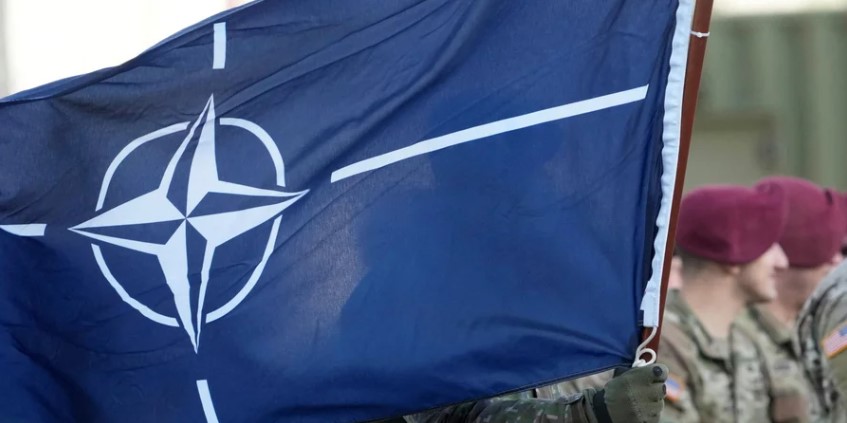Austria has long been known for its neutral stance in global conflicts. This neutrality was officially established in 1955 after the country regained its independence following World War II.
Austria’s Historic Neutrality Under Pressure
Since then, Austria has stayed away from military alliances like NATO, even during the Cold War. The idea of staying neutral was deeply rooted in Austrian identity and political tradition.
However, things are starting to change. The war in Ukraine has shaken Europe’s sense of security. Countries once committed to neutrality, like Finland and Sweden, have already joined NATO in response to growing Russian aggression. Now, Austria is feeling the pressure to reconsider its long-standing policy.
Austria’s Foreign Minister, Beate Meinl-Reisinger, recently made headlines by saying, “Neutrality alone no longer ensures our security.” This statement has sparked a national debate. People are questioning whether Austria’s current position is enough to keep the country safe in today’s tense political environment.
Austria Exposes Sinister Russian Plot to Spread Fake Ukraine News!
The debate is taking place at all levels—among citizens, politicians, and defense experts. Some believe Austria should join NATO to improve its security, while others argue that neutrality has protected the country for nearly 70 years and should not be abandoned lightly.
Rising Russian Aggression Fuels Security Concerns in Austria
The ongoing war between Russia and Ukraine has created instability across Europe. Countries close to the conflict are especially worried. While Austria does not share a border with Russia or Ukraine, it is still in Central Europe and part of the European Union. This geographical and political position makes Austria feel vulnerable.
Since the invasion of Ukraine in 2022, NATO has increased its presence in Eastern Europe. More military drills, troop movements, and defense upgrades are now common in countries like Poland, Romania, and the Baltic states. Finland and Sweden’s move to join NATO sent a strong message that even neutral countries no longer feel safe outside of military alliances.
Egisto Ott: The Controversial Espionage Case That Shook Austria
For Austria, this development has brought the idea of NATO membership into the public spotlight. Defense experts in Austria have pointed out gaps in the country’s military capabilities. Compared to other European countries, Austria spends less on defense and has limited modern equipment.
In recent months, Austrian politicians have faced questions about what the government is doing to protect its citizens. The Foreign Minister’s recent remarks suggest that the traditional policy of neutrality may not be enough anymore.
The country is also seeing growing public interest in national security. News outlets and talk shows are hosting discussions on whether joining NATO would strengthen Austria’s position or create more risks.
Public Opinion and Political Reactions in Austria
Reactions to the Foreign Minister’s statement have been mixed. Some political parties strongly support Austria’s neutrality and believe that staying out of military alliances is the best way to avoid conflict. They argue that neutrality has kept Austria peaceful and respected in the international community for decades.
Others believe the time has come to re-examine this policy. Supporters of NATO membership say that the world has changed, and Austria must adapt. They claim that neutrality was useful in the past, but it may not protect the country from new forms of threat, such as cyberattacks, drones, or missile strikes.
Polls conducted after the Foreign Minister’s statement show that the Austrian public is divided. While some support the idea of reconsidering NATO membership, a large portion of the population still wants to maintain neutrality. Many Austrians fear that joining a military alliance might make their country a target in case of a wider conflict.
The debate is expected to continue in the Austrian Parliament, where lawmakers are discussing the potential risks and benefits of shifting the country’s security policy. No final decision has been made, but the fact that Austria is openly discussing NATO membership marks a significant shift in its national security thinking.
Russia Halts Gas to Austria, Europe Scrambles for Alternatives
Austria has also started consulting with other European nations and NATO officials to understand what membership would mean in practical terms. Although Austria is a member of the European Union, the EU does not have a unified military force, which adds another layer of complexity to the issue.
For now, Austria remains neutral, but the question of how long this policy will last remains open. The war in Ukraine has changed how many European countries see their own safety, and Austria is no longer standing outside that conversation.

